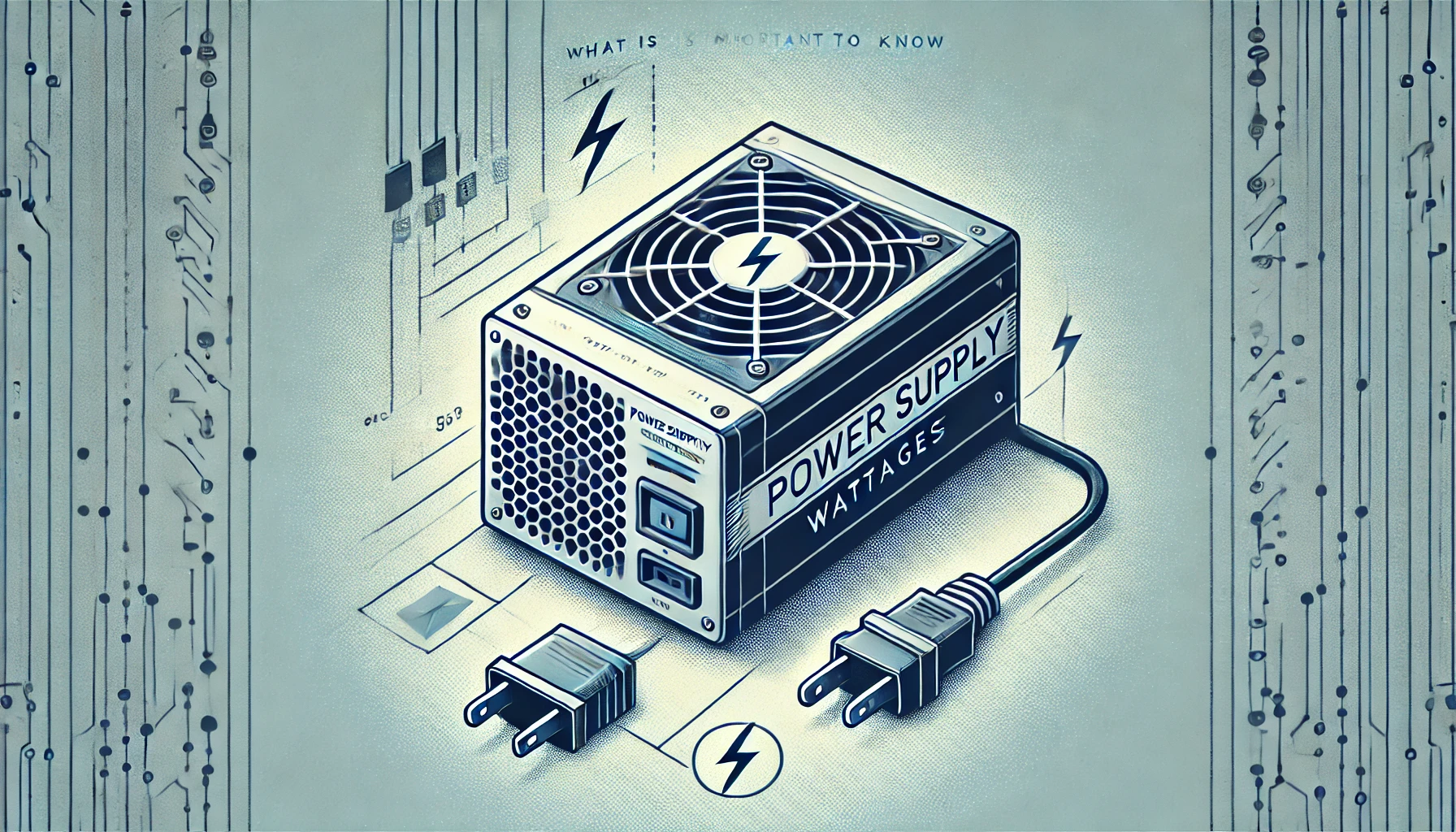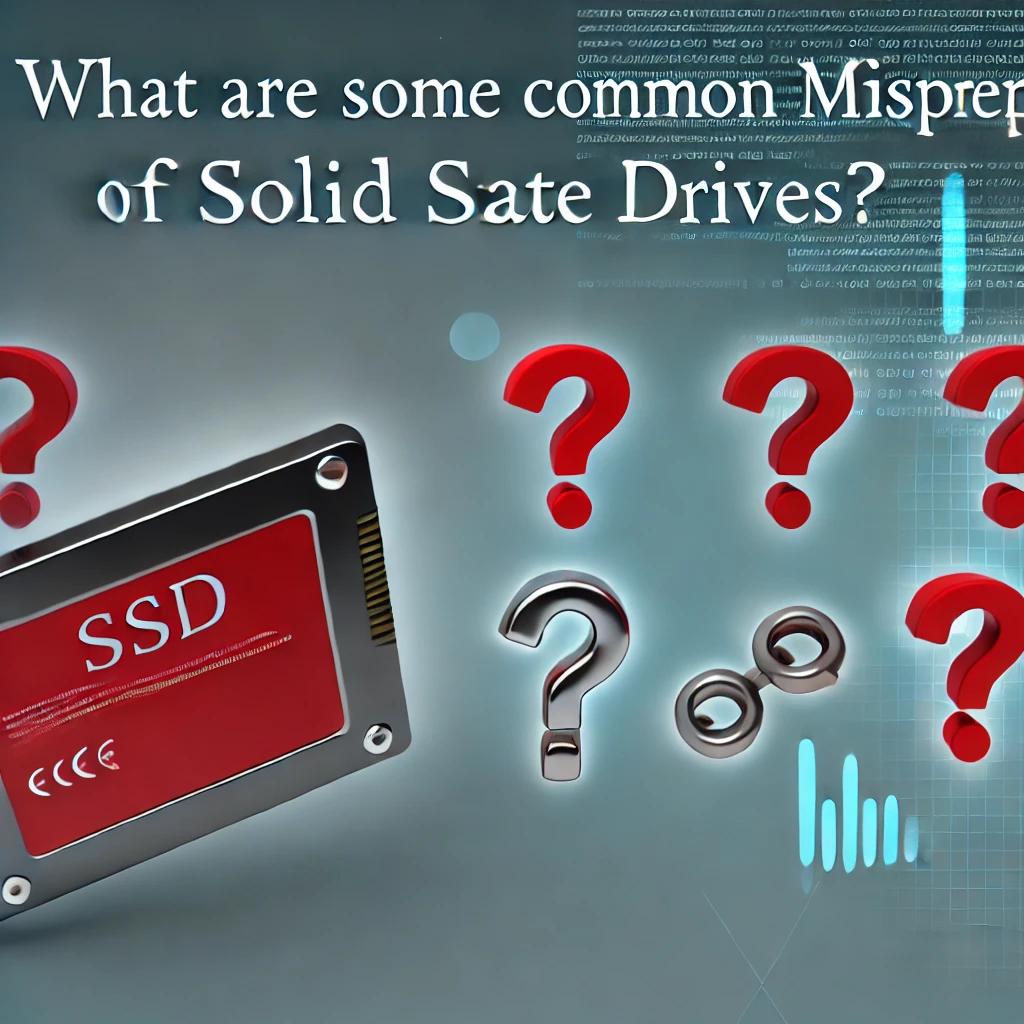What does it mean if Server Memory is ECC (Error Correction Code)
Server memory plays a vital role in maintaining the seamless operation of servers. An essential element of server memory is Error Correction Code (ECC), which is instrumental in identifying and rectifying errors in data.
This discussion will delve into the significance of ECC in server memory, the advantages it offers for server performance, the various types of ECC memory accessible, and the methods for verifying the presence of ECC memory in a server.
Explore the world of ECC and its crucial importance in the smooth functioning of servers.
Understanding Server Memory and ECC
It is essential to comprehend the concepts of Server Memory and Error Correction Code (ECC) as they are pivotal for upholding data integrity and system stability in computer servers. Server memory, commonly known as RAM (Random Access Memory), serves a critical function in efficiently storing and processing data, while ECC guarantees data accuracy through the detection and correction of memory errors.
Explanation of Error Correction Code (ECC)
Error Correction Code (ECC) stands as a crucial technology employed in memory controllers to boost data protection and fault tolerance in computer systems. By utilizing sophisticated algorithms, ECC not only identifies errors but also rectifies them in real-time, ensuring the perpetual maintenance of data integrity. This capability to automatically spot and amend errors notably decreases the likelihood of system crashes and data loss arising from memory-related issues.
ECC plays an essential role in alleviating the risks connected with data storage, acting as a shield against potential data corruptions that might jeopardize the overall reliability of the system. Its deployment spans various computer components, including RAM modules and CPUs, showcasing its paramount significance in guaranteeing the smooth operation of contemporary computing systems.
Importance of ECC in Server Memory
The significance of Error Correction Code (ECC) in server memory cannot be emphasized enough, given its multitude of advantages in improving data integrity, system reliability, and error prevention. ECC memory plays a crucial role in effectively identifying and rectifying memory errors, thereby minimizing the effects of data corruption and improving the system's error handling capabilities.
Benefits of ECC for Server Performance
ECC provides substantial advantages for server performance through its dependable memory validation, strong error prevention mechanisms, and improved data protection. Servers that utilize ECC memory technology benefit from enhanced system reliability, advanced error checking capabilities, and increased DRAM functionality.
The role of ECC is crucial in upholding the integrity of data processing in servers. By identifying and rectifying errors in real-time, ECC helps uphold system stability and preempt potential data corruption. This proactive stance not only protects critical information but also enhances overall performance by mitigating the impact of memory-related issues. ECC leverages sophisticated memory technologies by employing specialized algorithms to boost data precision and ensure consistent operations. Integration of ECC in server systems results in heightened efficiency, reliability, and security for businesses and organizations.
Types of ECC Memory
There exist different varieties of Error Correction Code (ECC) memory on the market, each providing unique characteristics such as memory resilience, efficient ECC functionality, enhanced data security, and reliable error recovery mechanisms. The different types of ECC memory play a vital role in overseeing system health, guaranteeing the integrity of data transmission, and upholding memory security.
Comparison of Different Types of ECC Memory
When evaluating different types of ECC memory, various factors come into play in determining the optimal choice for specific server environments. These factors include ECC integration capabilities, efficiency of memory protection, mechanisms for error reduction, functionality of ECC, memory compatibility, support for ECC technology, and system requirements.
The integration capabilities of different ECC memory types vary depending on the technology utilized, such as SECDED (Single Error Correction, Double Error Detection), Chipkill, and RAS (Reliability, Availability, and Serviceability) solutions. SECDED offers single-bit error correction and double-bit error detection. Chipkill distributes ECC protection across multiple memory chips within a module, providing robust reliability. RAS involves proactive error identification and correction.
Compatibility with various systems is influenced by factors like DIMM types, support for architecture, and compatibility with chipsets. These factors impact the decision between registered, unbuffered, or load-reduced modules for specific server configurations.
How to Check for ECC Memory in a Server
When examining Error Correction Code (ECC) memory in a server, it is essential to:
- Validate the proper utilization of ECC
- Guarantee data integrity with memory diagnostics
- Comprehend the various ECC features
- Configure ECC settings correctly
- Assess memory capacity to align with the system's needs
Methods for Verifying ECC Memory
Verifying Error Correction Code (ECC) memory entails comprehending the benefits of ECC technology, effectively resolving errors, ensuring memory reliability, identifying correctable errors, monitoring memory health, maintaining data accuracy, and utilizing ECC algorithms for error detection and correction.
One critical aspect of verifying ECC memory is understanding the resilience that ECC technology offers in detecting and correcting errors in real-time. By implementing ECC, the system can not only identify errors but also rectify them immediately, thus ensuring data integrity and operational stability. ECC plays a crucial role in addressing memory reliability issues, ensuring smooth operation even when facing occasional correctable errors. It is essential to regularly monitor memory health to anticipate potential problems and to apply ECC algorithms to efficiently manage error detection and correction processes.








